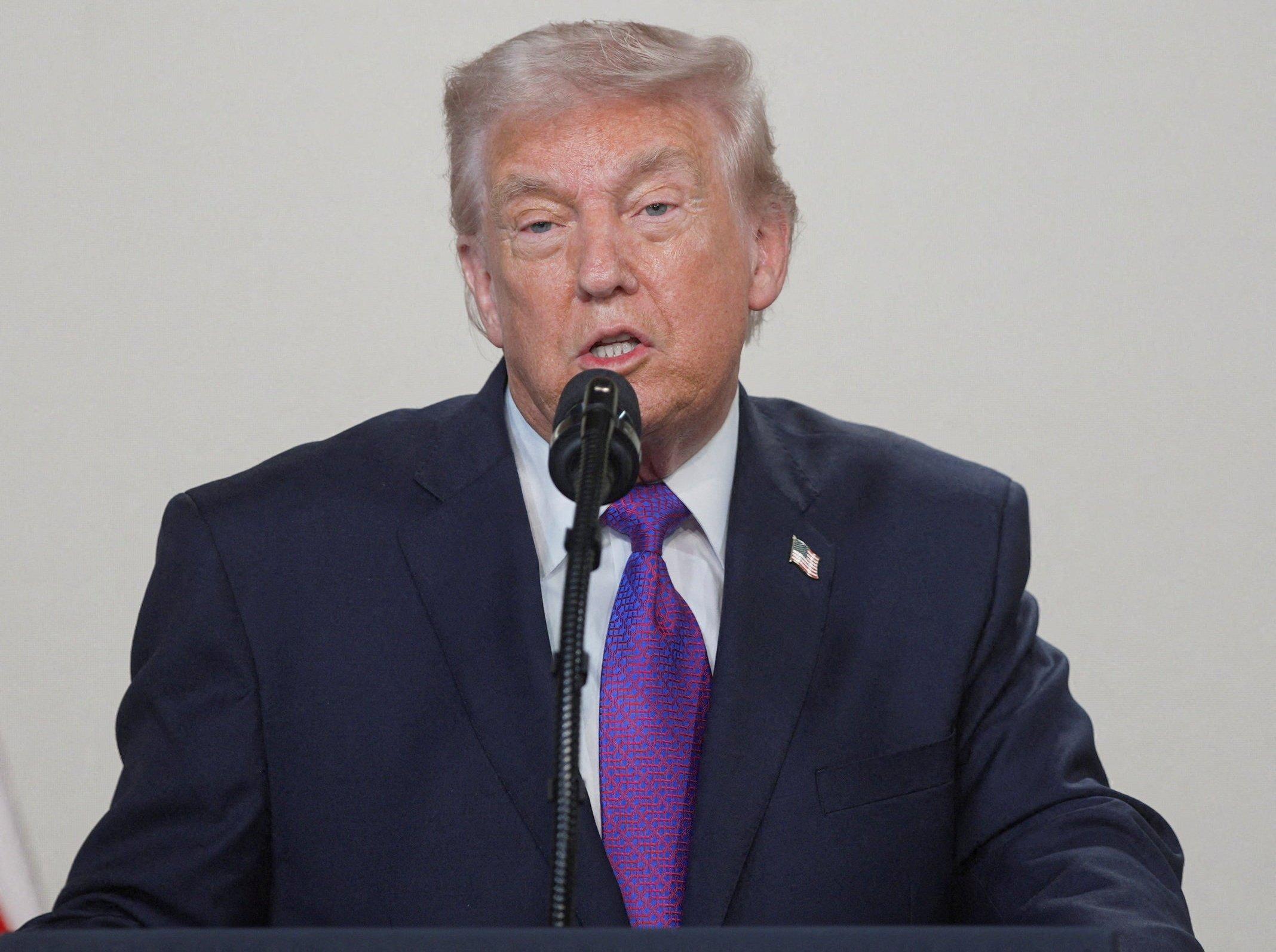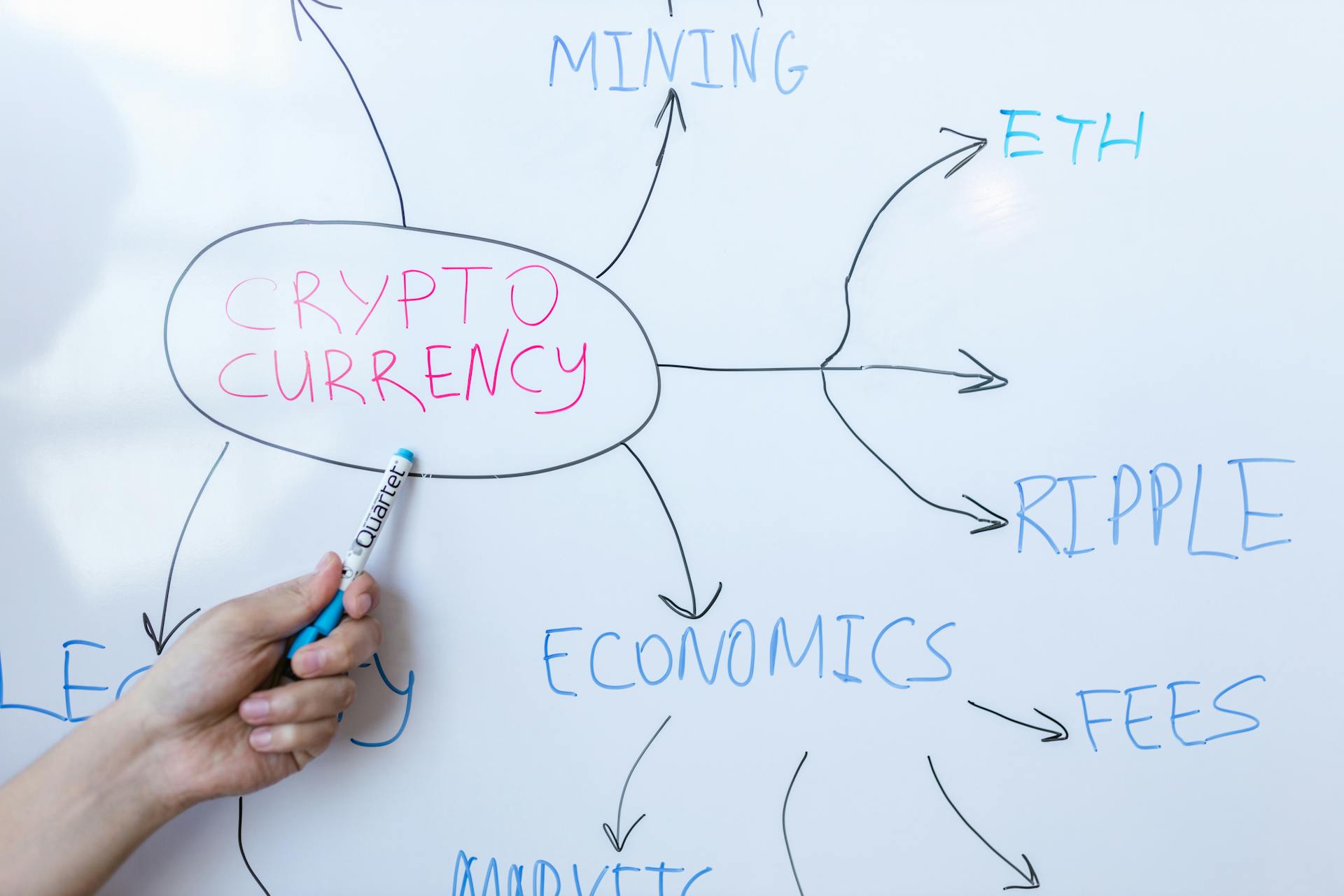EU races to win Belgian backing for €140B Ukraine loan
The European Commission is intensifying talks with the Belgian government to secure a crucial €140 billion reparations loan to Kyiv as the clock ticks down to Ukraine running out of money in spring.
But with Belgium’s Prime Minister Bart De Wever focused on a budget crisis at home and the European Parliament likely to get a say in the reparations loan, which would slow down approval, time is looking tight.
The latest round of negotiations on the mooted loan, which would be backed by frozen Russian state assets held on Belgian soil, comes to a head Friday morning when senior officials from the Commission’s economic and budgetary departments will try to reassure the Belgian leadership that any financial and legal risks associated with the loan are taken care of.
De Wever is standing in the way of the planned EU mega-loan, which aims to give Kyiv three years’ financial breathing space. Ukraine currently faces a budget shortfall of some $60 billion over the next two years, excluding the cost of supporting the army.
Failure would force the bloc’s leaders to look to their own coffers to sustain Kyiv’s defense against Russian forces — or risk leaving Kyiv to fall into Moscow’s hands.
It’s the Commission’s job to assuage De Wever’s fears that Belgium will be on the hook to repay Moscow if the war ends, or the Kremlin’s lawyers successfully sue his government for using the immobilized assets, which are under the stewardship of Brussels-based financial depository Euroclear.

One official, who like others in this article was granted anonymity to reveal deals of confidential meetings, said there will be talks in the coming days at all levels, including the highest.
But the negotiations come as De Wever faces a political pickle at home. His government’s parties are locked in tense talks in an attempt to nail down the country’s budget and make good on the coalition’s promise to cut €10 billion in spending.
De Wever said Thursday that he asked Belgium’s King Philippe to give the government until Christmas to hash out a budget deal after missing several previous deadlines to do so, and stressed that it was the government’s final shot at agreeing a budget.
If Belgium agrees, what then?
Once Belgian concerns are satisfied, the Commission will formally propose legislation on the reparations loan in the coming weeks, according to two officials briefed on the plans.
Two other EU officials briefed on the plans told POLITICO that the Parliament will likely also be involved in crafting the legislation. This could prolong the process and threaten the Commission’s hopes of getting €140 billion before April, when Kyiv is expected to run out of money.
Adding to the pressure is the fact that the International Monetary Fund’s continued support for Ukraine hinges on the EU loan.
“The longer we now run delays, the more challenging it will become,” Economy Commissioner Valdis Dombrovskis told reporters in Sofia this week on the margins of a conference. “It may open questions on some possible bridging solutions or so. So sooner is better.”
As a safeguard, the Belgians are demanding that EU governments provide national guarantees worth over €170 billion against the loan that can be paid out at a moment’s notice. De Wever also wants assurances that using the cash value of the Russian assets would also stand on legal ground.
The Commission’s lawyers have “very thoroughly assessed all the legal risks or possible litigation risks,” which they see as “contained,” Dombrovskis said in Sofia. He added that “in any case, guarantees to be provided to Belgium [are] to cover potential financial risks Belgium may face” if Moscow’s lawyers sue the government.
The goal is to have the bloc provide national guarantees against the loan “at least for the next two years, which could be taken over by the EU guarantee” in 2028, when the next seven-year EU budget begins, said Dombrovskis.
The more difficult task is eliminating the veto threat to EU sanctions from Kremlin-friendly countries, such as Hungary and Slovakia.
The Commission is considering a legal loophole that would keep Russian state assets frozen until it ends the war and pays reparations to Ukraine. Otherwise, the EU must unanimously reauthorize its sanctions against Russia every six months. Unfreezing the Russian assets would force Euroclear to wire all sanctioned cash back to the Kremlin.
Hanne Cokelaere contributed to this report.



















:quality(85):upscale()/2023/09/18/918/n/1922398/a1136b676508baddc752f5.20098216_.jpg)
:quality(85):upscale()/2025/10/09/670/n/1922283/00b944c868e7cf4f7b79b3.95741067_.jpg)
:quality(85):upscale()/2025/10/15/765/n/1922398/29c37a6e68efd84bb02f35.49541188_.jpg)
:quality(85):upscale()/2025/09/09/891/n/1922283/7222624268c08ccba1c9a3.01436482_.png)
















